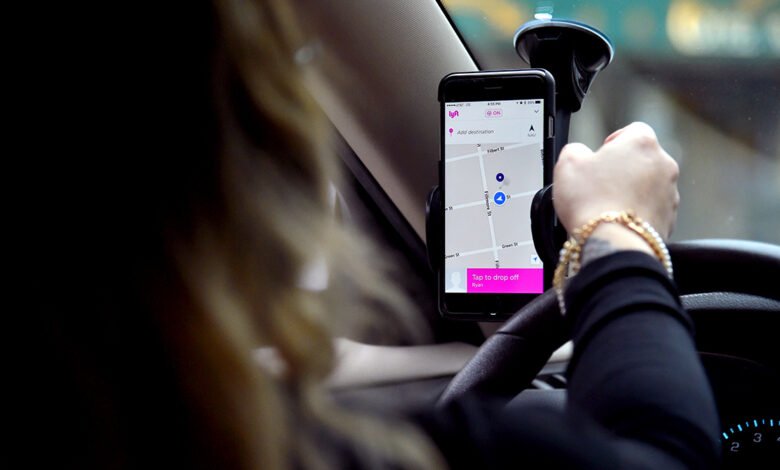How Micro-Choices and Games Motivate Gig Workers


Mike Coppola/Getty Images
Post
Post
Share
Annotate
Save
As gig work grows ever more prevalent, critics have voiced major issues with these jobs, from their lack of labor protections to income instability and more. But if gig work is so bad, why do so many people do it? Platform companies tout its flexibility, but in the author’s recent series of articles — in which she coupled her own experience driving for ride-hail companies with more than 100 interviews and a review of online discussion boards — suggests it’s more complicated than that. Specifically, the author identified two reasons why ride-hail drivers feel motivated to work despite the known pitfalls of gig work: First, drivers’ ability to make micro-choices about when, where, and how they work helps them feel a sense of agency and fulfillment. And second, platforms’ structures enable workplace games (whether motivated by a desire to maximize customer satisfaction or earnings), which also helps drivers find meaning in their work.
Today, the gig economy accounts for up to 12% of the global labor market. More than a third of the American workforce has engaged in some form of gig work, and more than five million drivers work for Uber alone. And while platform companies and researchers alike have argued that the schedule flexibility gig work offers is workers’ main motivation to engage in it, critics have raised a range of concerns about the work, from the lack of labor protections to algorithmic wage discrimination and more.




